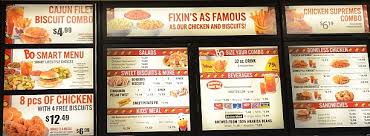
Brokerdealer.com blog update profiles Finra hitting LPL Financial, the industry’s largest independent brokerdealer firm, with a huge fine. The firm reportedly failed to properly supervise sales of complex products, such as ETFs, variable annuities and non-traded REITs. In addition to paying a fine to Finra, LPL Financial will also have to pay a substantial amount of restitution to certain customers who purchased non-traditional ETFs, and may pay additional compensation to ETF purchasers following an additional review of its ETF systems and procedures. This update is courtesy of InvestmentNews’ article, “LPL Financial fined $11.7 million for ‘widespread supervisory failures‘”, with an excerpt from the article below.
The Financial Industry Regulatory Authority Inc. ordered LPL Financial to pay $11.7 million in fines and restitution for what it deemed “widespread supervisory failures” related to sales of complex products, according to a settlement letter released Wednesday.
From 2007 to as recently as April, LPL failed to properly supervise sales of certain investments, including certain exchange-traded funds, variable annuities and nontraded real estate investment trusts, and also failed to properly deliver more than 14 million trade confirmations to customers, according to Finra.
LPL, for example, did not have a system in place to monitor the length of time customers held securities in their accounts or to enforce limits on concentrations of those complex products in customer accounts, Finra said.
The systems that LPL had in place to review trading activity in customer accounts were plagued by “multiple deficiencies,” Finra said. The firm failed to generate proper anti-money laundering alerts, for instance, and did not deliver trade confirmations in 67,000 customer accounts, according to the settlement letter.
To continue reading about the industry’s largest independent broker-dealer firm’s huge fines from Finra, click here.



